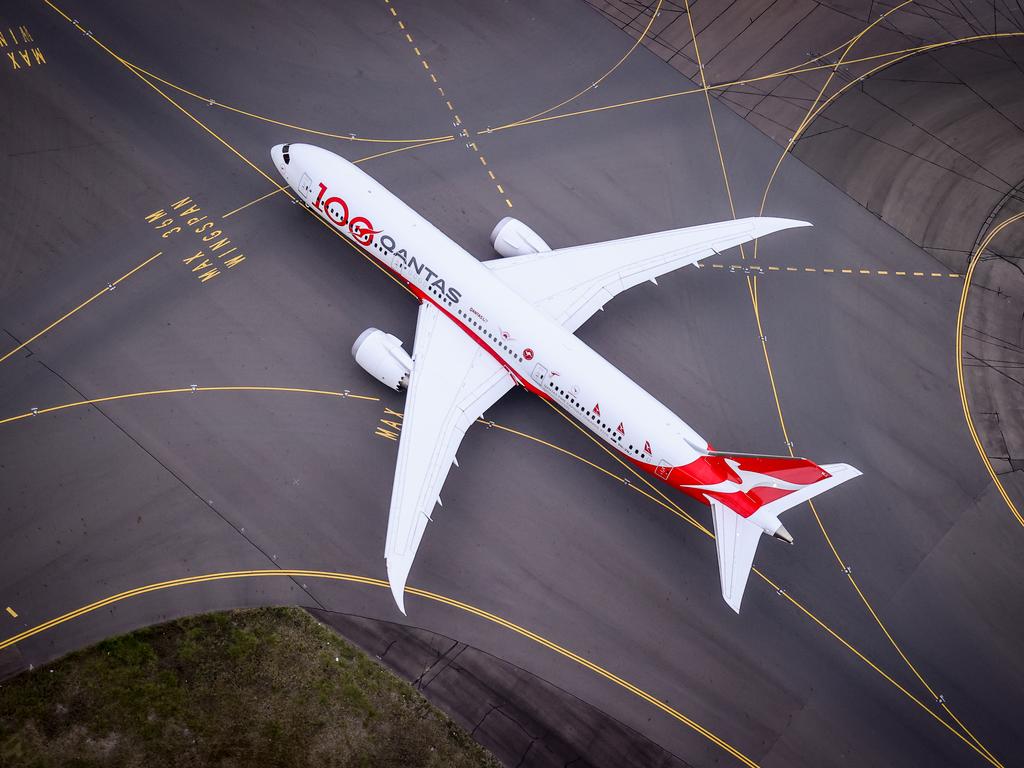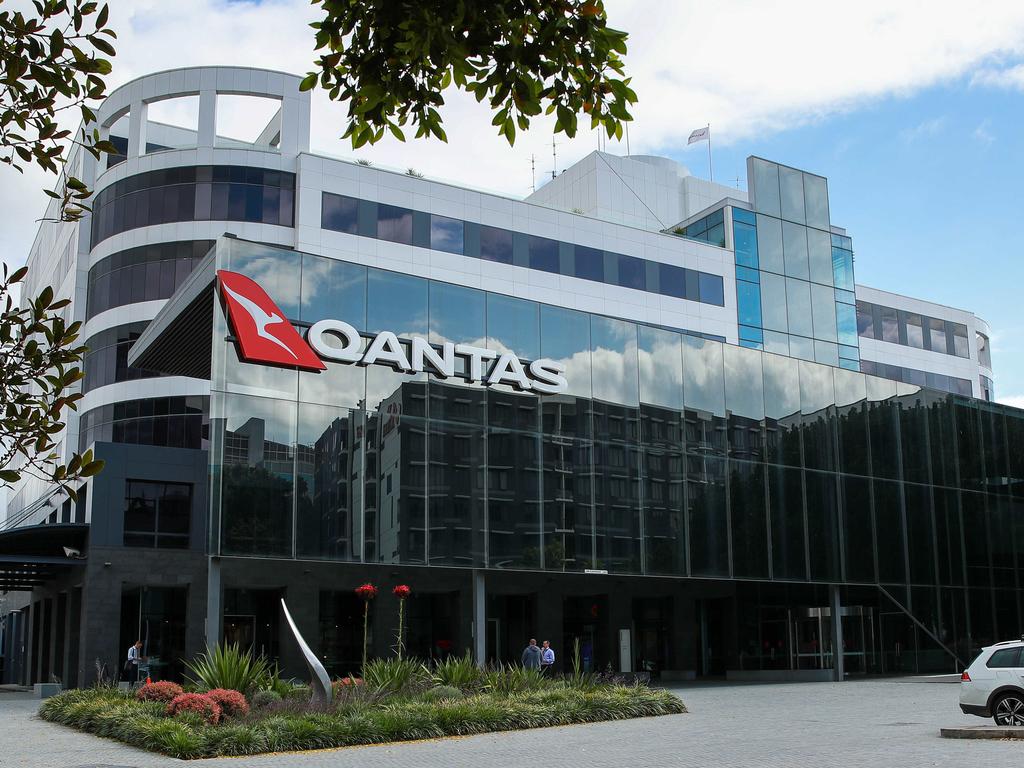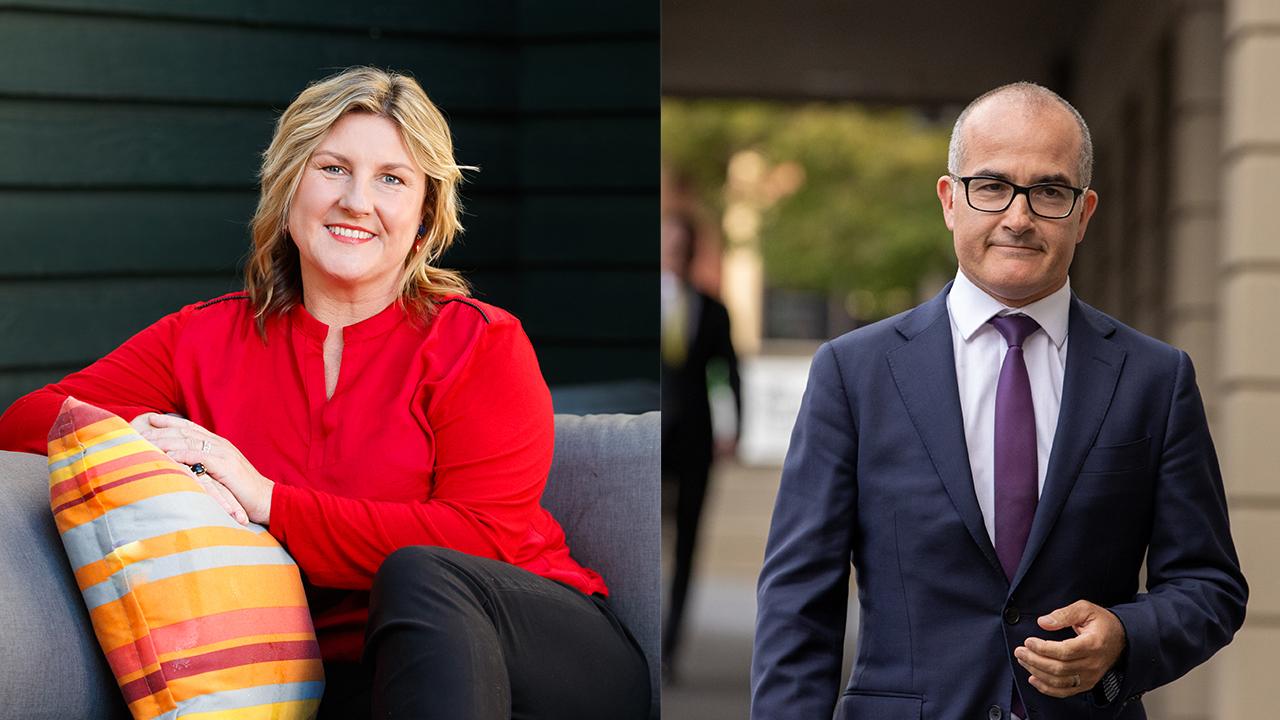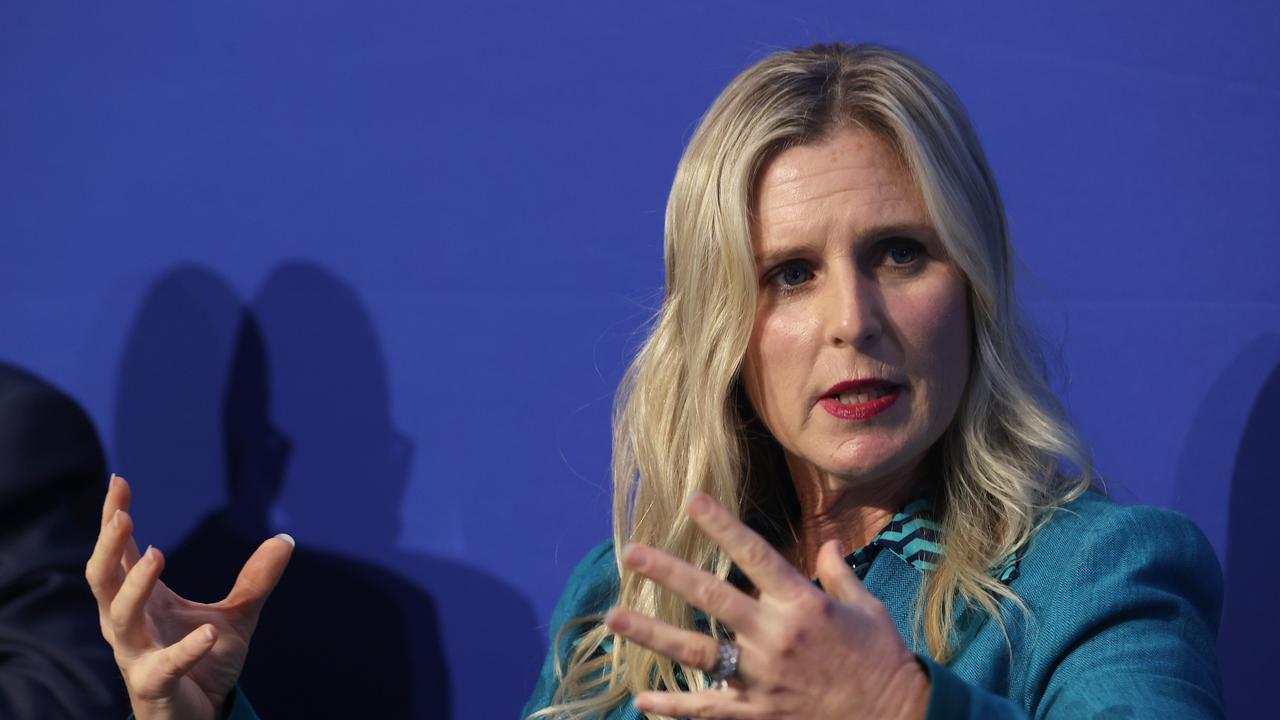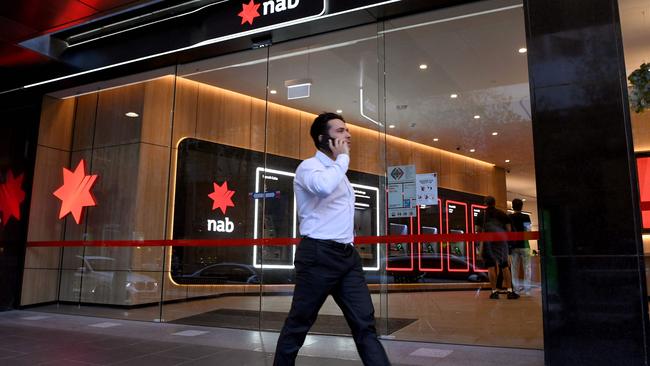
Banks are highly leveraged so their CEOs tend to talk up the economy, and this earnings season provided ample support for the banks to talk their own book.
PwC’s Sam Garland noted the banks are “stronger than they have been in a generation”.
EY’s Tim Dring underlined the point, noting tier one capital has increased from 12.9 per cent to 14.4 per cent in the past two years.
National Australia Bank and Westpac both posted increased earnings in first-half 2021 compared to the same period pre-COVID in 2019, but ANZ and Commonwealth Bank were down.
When return on equity is examined all four banks posted two-year declines, so the news isn’t as good as it might seem.
The two-year period is important because in the meantime we had COVID and $300bn in Government cash thrown at the economy, together with record low interest rates, rising farm commodity prices, rising home and land prices and booming iron ore prices.
Liquidity is flooding the market, spilling into some asset prices like homes, but on APRA data deposit holdings are if anything increasing and long-term debt is falling.
This might be good news because household liquidity is strong so maybe people will spend more and business will embark on an investment spree.
Or maybe not.
Remember, too, 2019 was not exactly a boom year so the point of comparison is a little generous.
What has happened in the past year is the government has used the pandemic to transfer liquidity from its balance sheet to the private sector.
The question is whether the private sector will take up the running and carry the economy forward.
NAB chief executive Ross McEwan is more measured than most, and on Thursday he was expressing plenty of confidence about business investment, from the corner shop to big companies.
The investment was being boosted by government incentives and the moment was there, he argued. Hopefully he is right.
The recession last year was shorter than expected and arguably was different to classic downturns like Paul Keating’s recession we had to have.
By way of example, employment now is back to pre-COVID levels but took nine months in 1990.
A classic recession sees the survival of the fittest at the end.
Recessions are often cleansing exercises but this one was more a question of survival with the government doing just the right thing on health and support.
The question is how sustainable will it be.
Maybe COVID provided the shock to get corporate Australia out of its normal conservative lethargy.
The banks are talking up a makeover boom in the second half of the year and the pipeline is there; it just depends on the level of courage around the board table.
If McEwan’s confidence-in-the-moment game is right then the upside may prove sustainable.
COVID has seen some clear productivity gains, like the digital economy, which the government unveiled yesterday is so positive.
Tepid steps towards better child care are a step in the right direction, and innovations like telehealth when finally confirmed will be positives.
The next two years will see whether the hope is justified.
Geopolitical risks like China and COVID are real.
And just as the banks urged the government to keep its liquidity hose on full bore, most would hope the rhetoric on China is turned down to a bare minimum behind closed doors.
The government has thrown buckets of cash at the economy but outside these reforms cited above it has not exactly revolutionised the place with structural changes necessary for sustainable growth.
The big white hope is that the momentum lasts and change happens.
That said, the banks too face continuing hurdles.
These include margins going forward after 10 years in decline, low fees, slow credit growth outside housing, changing customer preferences and a stubborn cost base.
KPMG also noted the latest half was boosted by reserve releases, saying: “While reported pre-tax net profit growth against first half of 2020 is 45.8 per cent, after these adjustments this is a more modest 1.3 per cent.”
Not quite the boom yet
EY’s Tim Dring said: “The pandemic has presented Australia’s banks with a unique opportunity to really accelerate their transformation journeys and cultivate the type of innovation that will help them build a more successful and sustainable future for the sector.
“To do this though, they will need to increase their focus on resilience, strategic cost management and enhanced customer-centricity, while navigating a still unfolding post-crisis environment,” he added.
Much the same thing can be said for the whole economy.
Line in the sand
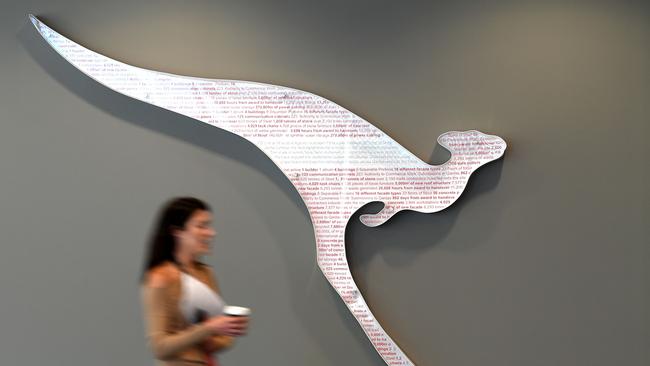
International air travel is not tipped to return to normal for four years but ACCC chief Rod Sims has drawn a line in the sand, threatening to block a proposed decision to authorise a deal between Japan Airlines and Qantas.
The decision is a draft, so Qantas boss Alan Joyce can still use his skills to talk Sims around, but the competition regulator’s logic is impeccable.
There were three airlines travelling the major routes between the two countries, with the other being All Nippon Airlines.
The more airlines on the route the better it is for consumers, and hence the better for the tourism industry.
Given its financial plight due to COVID, if ever there was a sector that needed competition it is the airline industry.
The dangers of it heading back into cosy market share deals is extreme.
One Qantas argument will be COVID, noting Sims was so much in favour of industry co-operation post-COVID it was suggested his organisation’s name be changed to the Cartel Co-operation Commission.
That changed with this decision if it flows through.
Back in 2015 the ACCC opposed a deal between China Eastern and Qantas before waving it through, having noted there were alternative routes.
Joyce has seen his domestic routes get better but international is still closed, so there is an argument some co-ordination is necessary to help international flights resume.
Separately, the Qantas boss has done a deal with the NSW government to ensure Qantas keeps its head office in Sydney.
Joyce had gone through the charade of testing other deals interstate but a move of head office was never on the cards.
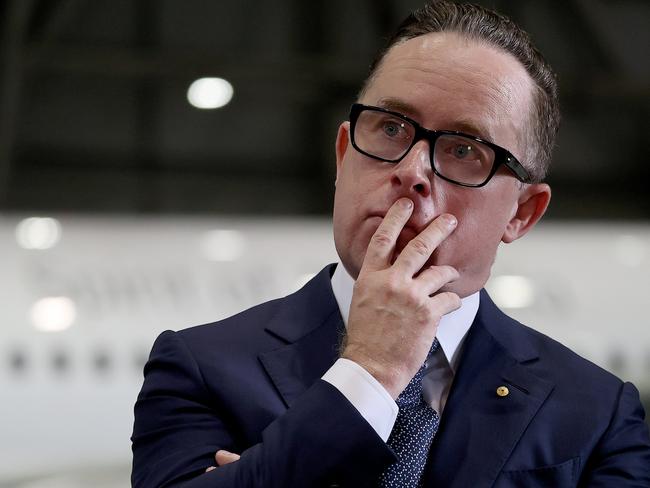
The NSW deal remains confidential but it would come with some payroll tax concessions and other handouts combined with a commitment by Qantas to support NSW tourism.
Jetstar will remain in Victoria but there is a chance its head office may move from Collingwood to suit government plans for a transport hub.
More plane maintenance will be brought back into Australia from Singapore which will boost employment in Queensland and Victoria.
Qantas has managed to win more market share in the corporate market with major routes like Sydney to Melbourne back to around 80 per cent of pre-COVID levels.
Virgin is back in the game but it faces the extra challenge of having the Singapore-backed Rex nipping at its ankles.
Qantas has clear air at the premium end of the market and is now tipping Jetstar to exceed pre-COVID traffic while international borders are closed.
Byron Bay has become the new Bali and Jetstar is a major beneficiary.
Pre-COVID Qantas ran 45 flights a day between Sydney and Melbourne but that fell to six times a week in the middle of the lockdowns.



